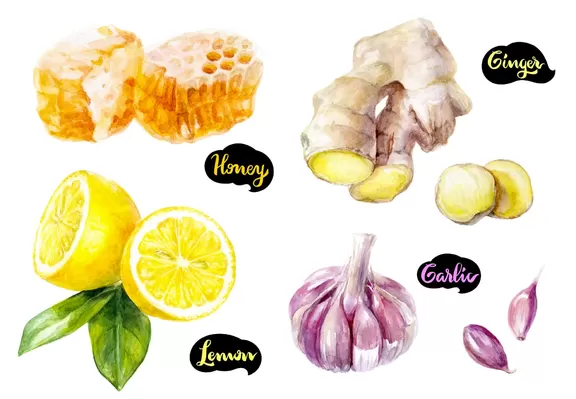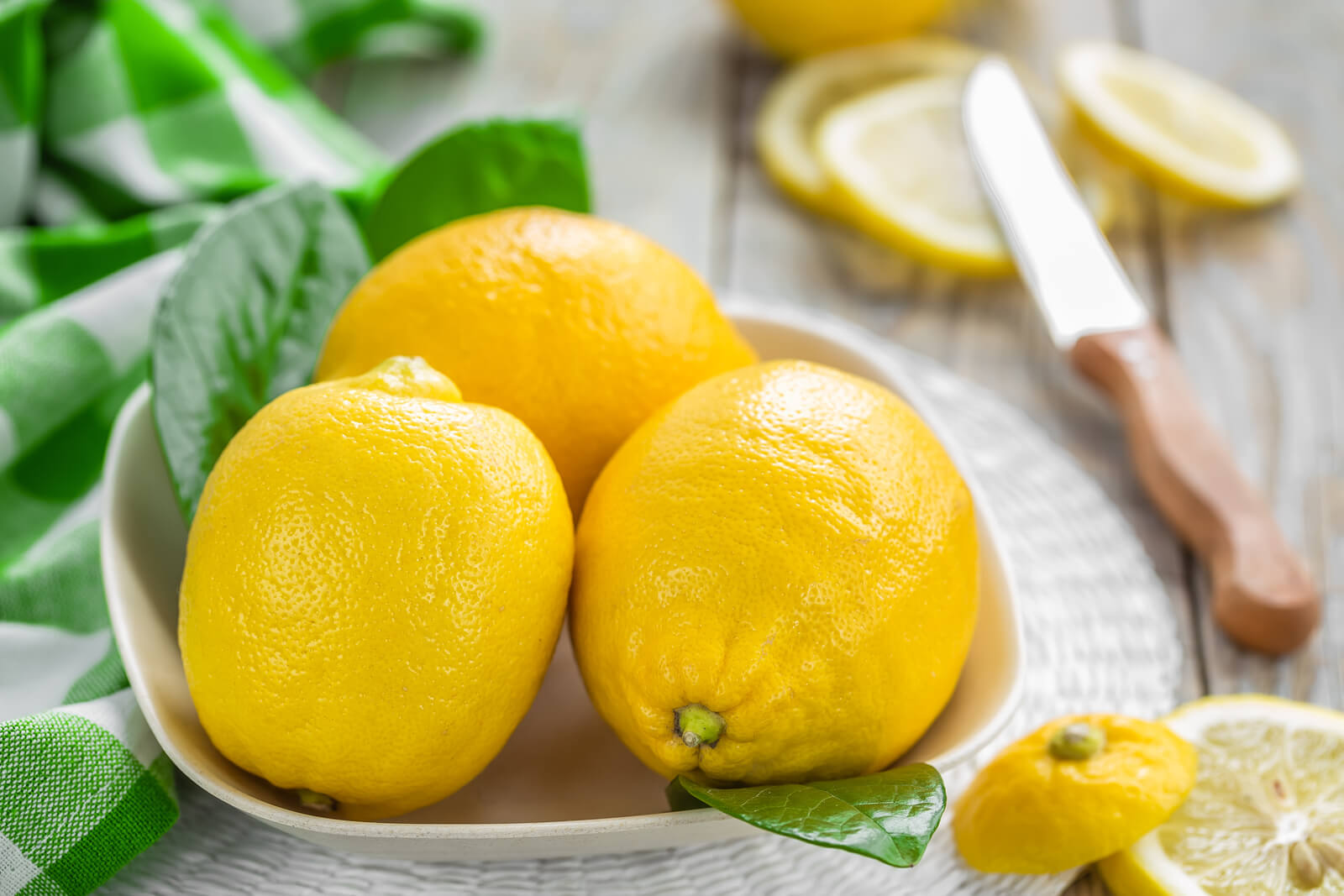
Lemon (Citrus limon) does have some antibacterial ability. Yet, to see the most antibacterial ability from this fruit, you will need to use an extract; or, mix it with another natural disinfectant like vinegar. As research will show, lemon juice alone does seem to deter the growth of Staphylococcus aureus. But, most bacteria will probably not be killed by lemon juice.
As we will discuss, lemons can even be recalled due to bacterial contamination. Thus, the juice alone isn’t a viable option to use to kill bacteria. So, if you are wondering if lemon juice kills bacteria, the answer is generally no. Yet, lemon juice may be able to stymie the growth of bacteria—if a strong enough concentration is used.
Lemon extracts (usually made from the dried parts of the lemon and extracted with a solvent such as drinking alcohol) on the other hand, are far more capable antibacterials. This is because the phytochemicals responsible for lemon’s antibacterial ability are concentrated. And, of course, the chemical constituents—and thereby the overall effect—of the extract depend on what part of the lemon is used.
Mixing lemon juice with vinegar is also another way to see actual antibacterial ability from lemons. Many studies seem to mix lemon juice with vinegar before they carry out antibacterial assessments. Thus, vinegar is one natural item that you should consider mixing with lemon juice if you want to use it for killing bacteria.
Dr. John Herzog (MD)
Dr. John Herzog, a "survival surgeon" from Maine explains what home remedies work best in a crisis situation.
This may be important in the event you require first-aid or are in an emergency situation without easy access to a hospital. Dr. John Herzog has assembled a large collection of home remedies for such scenarios.

Why Lemon Juice isn’t the Best Antibacterial
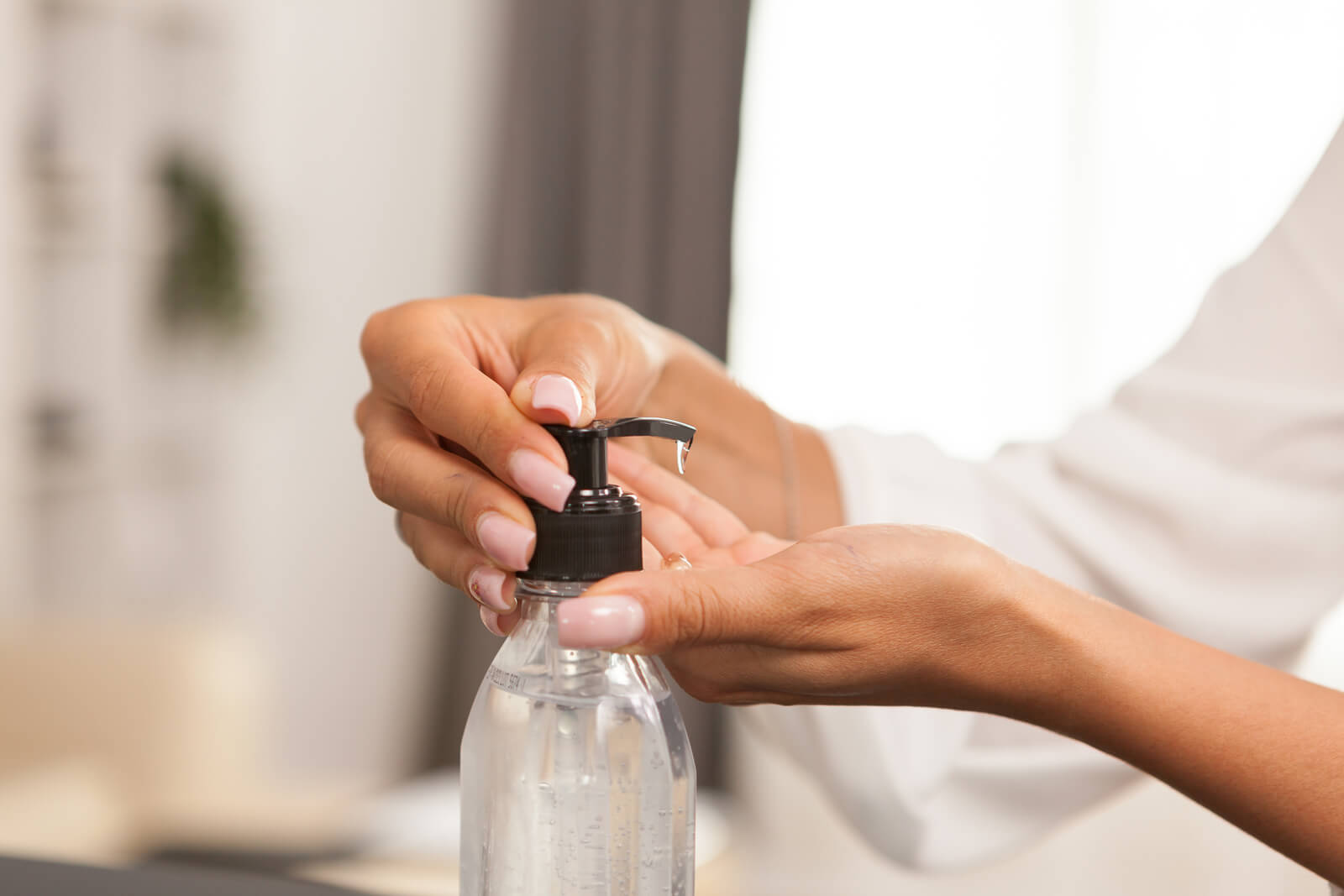
Essentially, when it comes to antiseptic capability, it boils down to two factors: concentration of a substance / chemical, and exposure time. Usually, the stronger the concentration the less exposure time is necessary to achieve the desired effect. The converse is also usually true.
Typically, what you want in a disinfectant is something that kills germs right away. Such as Lysol Disinfectant Spray. Yet, lemon juice won’t do this. Undiluted lemon juice will take days, not even hours, to effect a reduction in bacteria. Thus, you can’t see an effect from wiping off your counters with lemon juice in lieu of a stronger chemical disinfectant.
This caution may be important to state.
Yet, lemon juice does have antibacterial power; it just takes a while for it to elicit an antibacterial effect! A study, published in the Journal of Food Protection [72.2 (2009): 235-240],(source 1) demonstrates how long lemon juice took to kill Escherichia coli (E. coli). And, these findings can probably be extrapolated to infer how other bacteria will respond to lemon juice.

Comprehensive Herbalist School
Dr. Patrick Jones, founder of the HomeGrown Herbalist School of Botanical Medicine has been a practicing veterinarian for over 25 years. He is also a clinical herbalist and traditional naturopath.
Kevin Harrington, Original Shark from ABC’s Shark Tank, stands behind Dr. Patrick Jones and HomeGrown Herbalist.
Learn More
Comprehensive Herbalist School
Dr. Patrick Jones, founder of the HomeGrown Herbalist School of Botanical Medicine has been a practicing veterinarian for over 25 years. He is also a clinical herbalist and traditional naturopath.
Kevin Harrington, Original Shark from ABC’s Shark Tank, stands behind Dr. Patrick Jones and HomeGrown Herbalist.Learn More
This study found that both lemon and lime juices didn’t reduce E. coli too much after 24 hours. After 48 hours of the E. coli inoculum staying in these juices, a much greater amount of the bacteria was killed (almost 5 times as much for lemon juice). Lemon juice was able to kill E. coli better than lime juice.
After 72 hours of E. coli being stored in both juices at room temperature, it was reduced to undetectable levels.
Storing acidic juices in the refrigerator does deter bacterial growth; but, this same low temperature may prevent acidic juices from killing bacteria as effectively. A quote, taken from this study, describes this in greater detail:
Lethality of bacterial pathogens in these products is most rapid under ambient storage conditions (20 to 30°C), whereas lower temperatures seem to protect organisms such as E. coli O157:H7, Listeria, and Salmonella. Chilling temperatures may inhibit the growth of the pathogens, but their survival can be enhanced under these conditions. E. coli O157:H7 and Salmonella survived longer in fruit juices under refrigeration than in those at room temperature. Fisher and Golden, cited by the FDA, concluded that survival of E. coli O157:H7 in ground apples stored at various temperatures is enhanced when product is stored at refrigeration rather than stored at room temperature.
Journal of Food Protection [72.2 (2009): 235-240]
Different Preparations Yield Different Results
It is important to note that most research with lemon will use an extract (generated by using a solvent and material from the lemon), essential oil, or combination of lemon with other substances / chemicals. Lemon by itself, is not a very good antibacterial.
To illustrate this, consider a US FDA recall(source 2) of lemons possibly infected with the bacteria Listeria monocytogenes (link to FDA recall here). This demonstrates how unprocessed lemons are not effective enough to prevent the growth of bacteria.
Yet, processed products, such as essential oils—and even extracts, are much greater in their efficacies as antibacterials. They contain concentrated amounts of chemicals that naturally occur in lemons. So, keep in mind that lemon by itself is not a good antibacterial!
Claire Goodall’s Amazing Guide
Clair Goodall is a bee-obsessed, natural medicine convert from Minnesota (USA). And, she does keep bees!
Clair has created 350+ page book documenting how to replace the toxic products and medications in your home with healthier, all-natural alternatives.

The Most Common Bacterial Pathogens
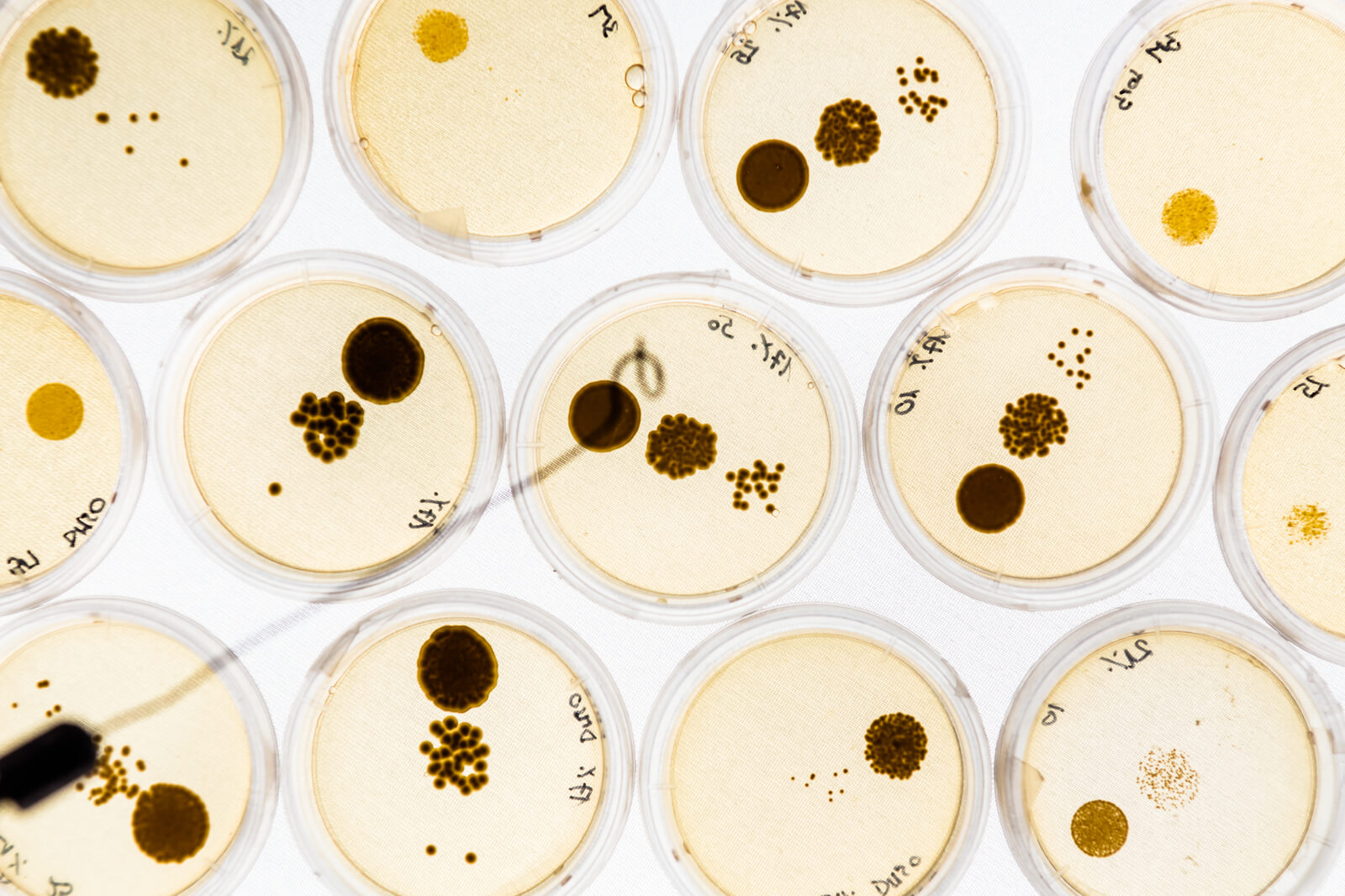
According to the U.S. government’s FoodSafety.gov website,(source 3) the most common bacterial pathogens responsible for the most illnesses, hospitalizations, or deaths in the United States are:
- Campylobacter
- Clostridium perfringens
- Escherichia coli, also known as E. coli
- Listeria
- Salmonella
Does Lemon Kill Campylobacter?
According to a Food Biotechnology [28.2 (2014): 106-122] study,(source 4) lemon can kill Campylobacter jejuni (C. jejuni). The study found the minimum bactericidal concentration (MBC; the lowest concentration of a substance that kills a certain bacteria) for lemon and citron (Citrus medica); and, for both fruit extracts it ranged from 130 to 250 µg/mL (note that "µ" is the abbreviation for micro; thus, µg/mL stands for "micrograms per milliliter").
It is important to note that there are many different ways of preparing extracts. In this study, the citrus extracts were prepared by removing the fruit juices and keeping the remaining bagasse (dry pulp left over after juice is removed), seeds, and peel. This fruit material was dried and ground to a powder. Next, the dry material was mixed with ethanol (drinking alcohol). The resulting fluid was processed and used for the experiments.
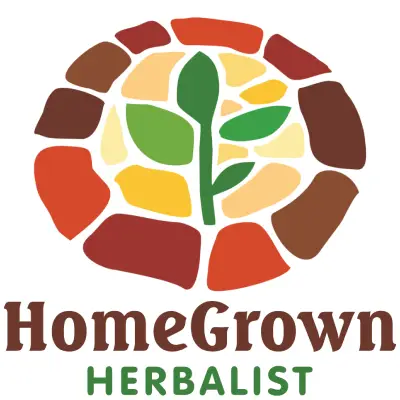
HomeGrown Herbalist Herb Shoppe
Owner of HomeGrown Herbalist Dr. Patrick Jones is a practicing veterinarian, Clinical Herbalist, and traditional naturopath. He owns and operates Fairview Animal Hospital in Buhl, ID.
Their herb shoppe provides herbs, essential oils, and tools. If you have some time, check it out!
Learn More
HomeGrown Herbalist Herb Shoppe
Owner of HomeGrown Herbalist Dr. Patrick Jones is a practicing veterinarian, Clinical Herbalist, and traditional naturopath. He owns and operates Fairview Animal Hospital in Buhl, ID.
Their herb shoppe provides herbs, essential oils, and tools. If you have some time, check it out!Learn More
A study published in the Journal of Food Protection [73.3 (2010): 477-482](source 5) tested lemon extract on C. jejuni Campylobacter coli (C. coli). The study also tested many other fruit extracts in addition to lemon. The extraction solvent used was ethanol for all fruit extracts.
The study tested for the zone of inhibition (ZOI) that various fruit extracts would create. ZOI is the area around a substance that the bacteria will not grow on. So, a small amount of a fruit extract was placed on a petri dish inoculated with these bacteria. Where the bacteria did not grow around the extracts was the ZOI.
The study found that lemon caused a medium ZOI of 5 to 10 mm in diameter for both C. jejuni and C. coli. Yet, plum, lime, and sour orange peel extracts all performed better than lemon with these same bacteria. These other extracts caused a high ZOI of over 10 mm diameter.
How Lemon Affects Clostridium perfringens
A study(source 6) conducted at the University of Georgia found that lemon juice concentrate, when added to vinegar, improved the antibacterial action over vinegar only in Clostridium perfringens (C. perfringens).
The study tested vinegar, vinegar with lemon juice concentrate, and vinegar with citrus extract. The study found that the liquid vinegar alone did not significantly reduce C. perfringens growth until a 3% concentration. On the other hand, vinegar with lemon juice concentrate nearly totally inhibited C. perfringens at a 1.5% concentration.
The best performing mixture, in this experiment, was vinegar with citrus extract. This combination significantly reduced C. perfringens growth at a 0.5% concentration, and nearly eliminated the growth at a 1% concentration.
How Lemon Affects Escherichia coli
A 2018 study(source 7) tested lemon peel extract against E. coli. The experiment’s extract was made from dried lemon peels and extracted with ethanol using maceration extraction.
The study found that a 25% concentration of the extract caused a ZOI diameter of 15.03 mm. A 100% concentration of the extract produced a ZOI diameter of 18.77mm.
The study concluded that lemon peel extract has a high potential as an antimicrobial against E. coli.

Comprehensive Herbalist School
Dr. Patrick Jones, founder of the HomeGrown Herbalist School of Botanical Medicine has been a practicing veterinarian for over 25 years. He is also a clinical herbalist and traditional naturopath.
Kevin Harrington, Original Shark from ABC’s Shark Tank, stands behind Dr. Patrick Jones and HomeGrown Herbalist.
Learn More
Comprehensive Herbalist School
Dr. Patrick Jones, founder of the HomeGrown Herbalist School of Botanical Medicine has been a practicing veterinarian for over 25 years. He is also a clinical herbalist and traditional naturopath.
Kevin Harrington, Original Shark from ABC’s Shark Tank, stands behind Dr. Patrick Jones and HomeGrown Herbalist.Learn More
Another 2013 study in the International Journal of Current Pharmaceutical Research [5.4: 32-35](source 8) tested lemon extract against E. coli. The study made their lemon extract with the dried peels of lemon. A powder was made of the dried peels. Next, 10 g of powdered peel was added to 50 ml of methanol. The resulting fluid was taken and filtered and used in the experiment.
The study found that a 20 mg/mL concentration of lemon extract caused a low level of inhibition against E. coli. Lower concentration did not cause any inhibition.
This study shows a possible lesser ability of lemon extract against E. coli; but, this may be due to the methanol extraction process.
Listeria & Lemon Juice + Vinegar
A study from Meat Science [97.4 (2014): 568-574](source 9) found how lemon juice concentrate mixed with vinegar would affect Listeria monocytogenes (L. monocytogenes). The lemon juice and vinegar mixture prevented the growth of L. monocytogenes stored on hot dogs at about 4°C for up to 98 days. Yet, it was never able to reduce the bacteria present in the chilled meat.
Effects on Salmonella
A 2004 study(source 10) found that a combination of vinegar and lemon juice had antibacterial ability against Salmonella typhimurium. The study used a 1 to 1 mixture of vinegar and lemon juice; and, tested this mixture on carrots inoculated with Salmonella typhimurium. The study found that this bacteria was reduced to undetectable levels after just 30 minutes of being exposed to the lemon juice and vinegar mixture.
Staphylococcus aureus
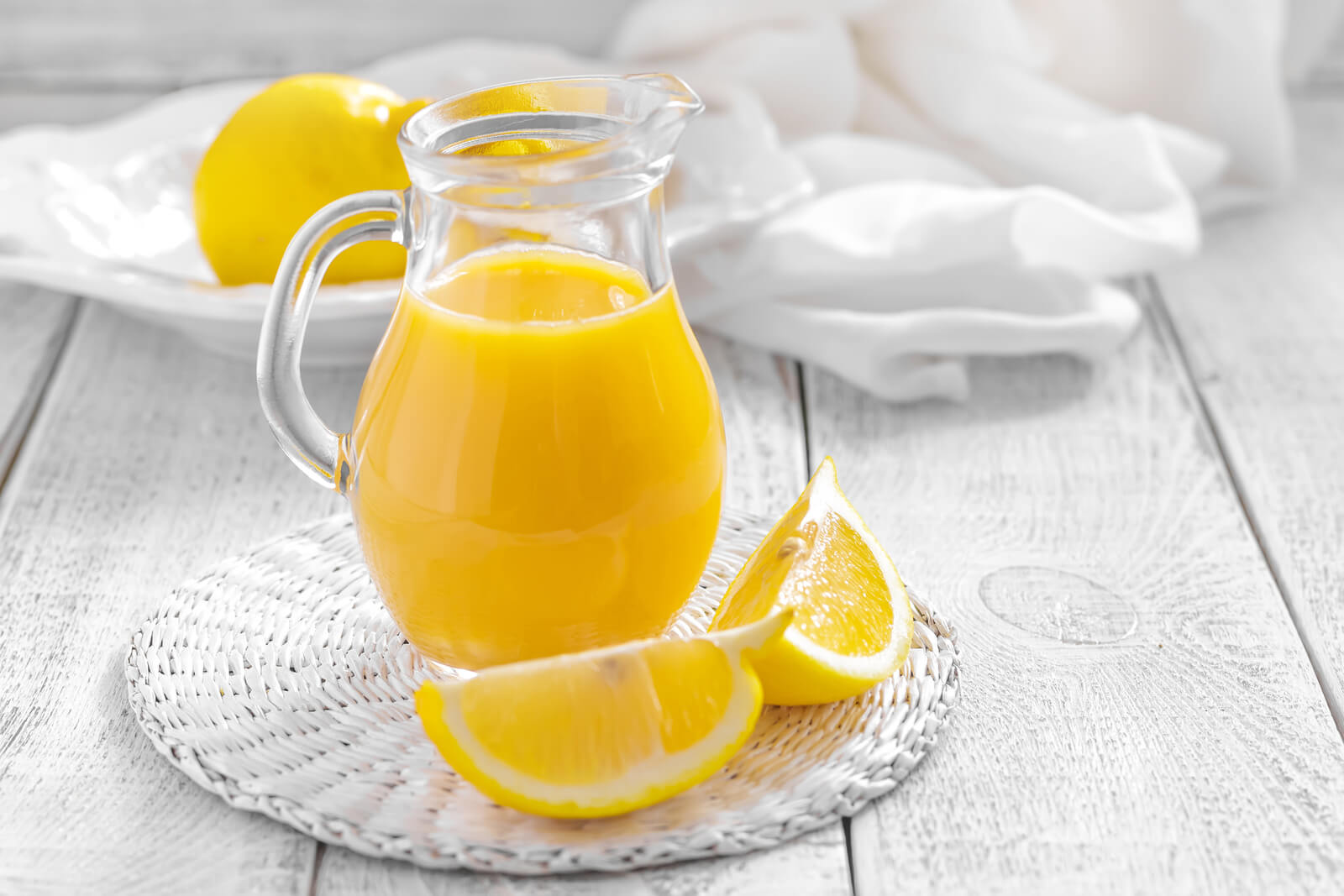
A 2017 study(source 11) showed that lemon extract was able to reduce the growth of most Staphylococcus aureus (S. aureus) after 24 hours of exposure. A 4% concentration of lemon juice extract was able to reduce the growth of 8 out of ten strains of S. aureus.
The study also states that synergistic effects were seen with the lemon extract and antibiotics. This means that lemon extract might enhance other antibiotics. The study also reports that their extract was not toxic to humans, and therefore presumably safe for human use.
Another study, published in the Al-Rafidain Dental Journal [10.2 (2010): 376-382],(source 12) showed that lemon juice was able to kill Staphylococcus aureus. Lemon juice was able to produce a significant zone of inhibition (an area on a petri dish that a microorganism does not grow on around a given substance) and thus was found to have the ability to kill this bacteria. And, this zone of inhibition produced was greater than that produced by the antibiotic drug ampicillin.
The Side Effects of Lemon
Lemons are, of course, a fruit that you can eat. And, are generally very safe. Yet, certain side effects can occur from eating or being exposed to lemons. Tooth erosion, heartburn, and phototoxicity are all negative side effects that lemon can cause. Additionally, lemon may alter women’s reproductive hormones. Some cultures suggest that lemon is an effective contraceptive for women.
To learn more about these side effects, Herbsey has an entire article on this topic: Side Effects of Lemon & Lemon Juice.
About the Author
Nick Gross is a natural medicine enthusiast who has been researching and writing about natural medicine since 2008. Nick is primarily a web developer, but also researches and authors written and video content about natural health. Nick has a bachelor’s degree in Management Information Systems from the University of Northern Iowa.
More on Nick GrossImportant Disclosures & Disclaimers
It is important to use the information you find on Herbsey.com in the right way. Also for legal reasons, these disclaimers and disclosures are necessary. For further information about each, feel free to click the link provided to the page on this website that provides more information.
Medical Disclaimer
The information on this website is not a prescription for anyone. This information is for informational or educational purposes only, and is not a substitute for professional medical advice or consultations with healthcare professionals.
Advertisement Disclosure
Some of the links provided on this article and website are affiliate links. If you purchase a product after clicking on these links, Herbsey.com will earn a commission. Herbsey.com promotes various products through advertisement and text links. For more information: Our Advertisements.





